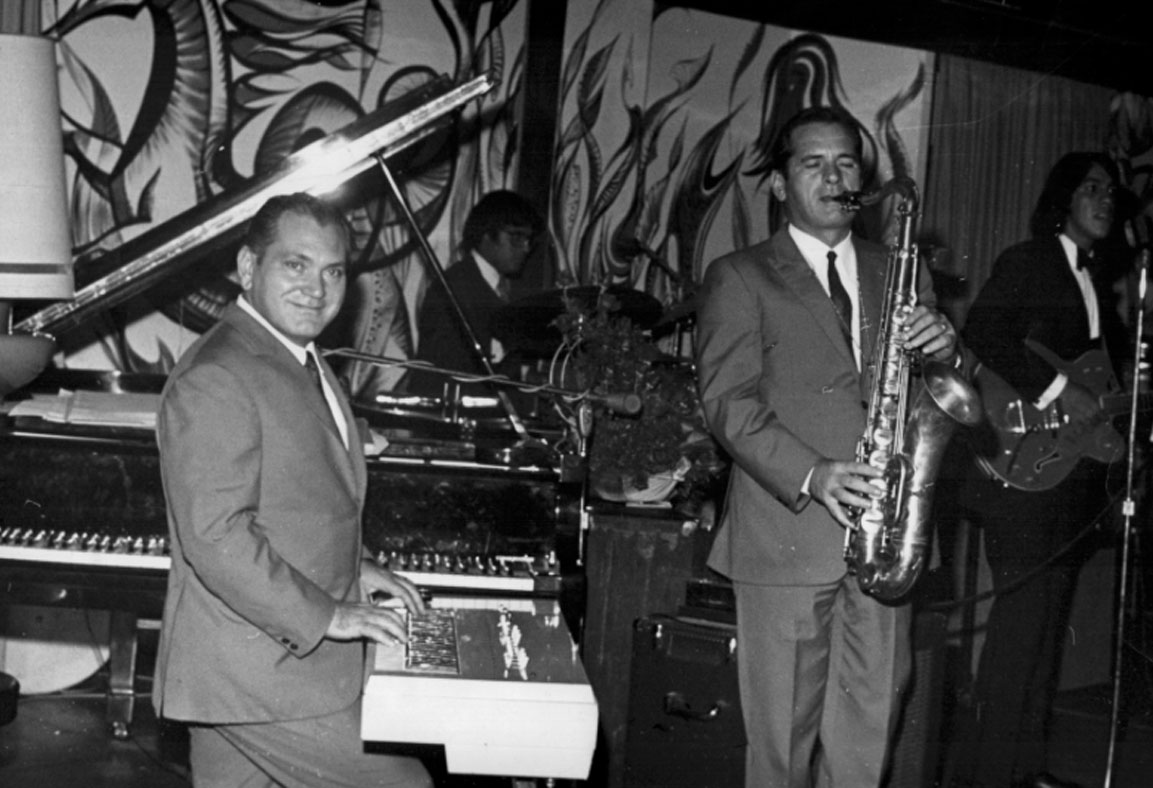This book is based on the adventures of two brothers, Renato and Giulio Salani, who reaped lots of success in life thanks to their love for music, their persistence, courage, hard work and their faith in God.

The main sources used to write this book are: Renato Salani’s Diary, the numerous interviews with the leading characters of the book itself and the research carried out by the author, Barbara Salani, over the course of four years.
Renato Salani began writing his Diary in 1944 when he arrived at the Fossoli concentration camp, a few miles from Carpi (Modena, Italy). Renato’s Diary – which is the guiding principle of this book – is written in Italian poetry, in a language that reminds us of the “Florentine vulgar”, the mother of the Italian language. Indeed, Renato was inspired by the great Medieval-Renaissance Italian poets and in particular, by Dante Alighieri’s Divine Comedy.
Amazingly, Renato’s poems were written using a typewriter on toilet paper. Today it would be the bizarre idea of some eccentric artist. For Renato Salani it was an unavoidable choice – for the poems were written while he was a prisoner at the concentration camp, and the robust, plain toilet paper of the time was the only paper freely available to him.

For more than seventy years my family has kept this roll as a relic. Today, finally, this “relic” is brought to light, given to the printers and shared with you for the benefit of those who want to know not only the story of two special men like Renato and Giulio Salani, but also a fragment of our recent history.
Renato and Giulio’s story unfolds partly in the background of World War II, and the book – with the help of testimonials of some survivors of war events and deportations – reconstructs this turbulent time, with particular attention to the situation in Tuscany in the dramatic and chaotic period after the armistice of September 8th, 1943.
Renato and Giulio’s life, however, intertwines not only with the dark years of the war, but also with the enthusiasm and optimism of post-war in the early fifties, when Italian songs became the soundtrack of a nation protracted toward emancipation, progress, and well-being.
In 1953, Renato Salani wrote a song for the Sanremo Festival, a prestigious international showcase for the new Italy: an Italy stepping out of the shadow of the war and the liberation struggle. This was also the time of the collaboration of Giulio with Bill Coleman’s band, exponent of the jazz music that opened new horizons of freedom and creativity to the young Italian musicians.

Later, the Salani brothers joined the Fred Buscaglione’s Asternovas Orchestra (one of the most popular icons of Italy at the time) and with this group they travelled performing in a series of tours in various cities of Italy and Europe.

The later chapters of the book relate the years when the Salani brothers founded and worked in their Venezuelan night club Hipocampo, which soon became a landmark of Caracas nightlife. They were the ambassadors not only of Italian musical talent, but also of entrepreneurial ability and integration of the cultural texture of other countries.

A great leading theme of the book is MUSIC. In this biography, music is really the red thread that links all the episodes together. Music itself is depicted in all its possible meanings: music as passion and choice of life, as a craft, as fun, but also as an extreme resource to overcome the most difficult ordeals in order to preserve the desire to live and fight in the darkest moments of life: through war, deportation and illness.


The Salani brothers with host Amador Bendayan during a live TV show, Sàbado Sensacional in Caracas, Venezuela.
An artist’s biography is mainly told by his performances, so this site collects some recordings of the best Salani brothers’ musical hits, along with videos and photographs that cover their artistic and personal history. The book, however, is a fundamental complement that will allow you to understand better and to appreciate more deeply the commitment of two very special men who have spent … their Life for Music and enjoyed Music for Life.

